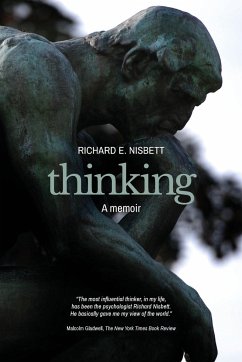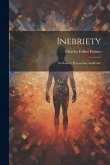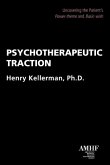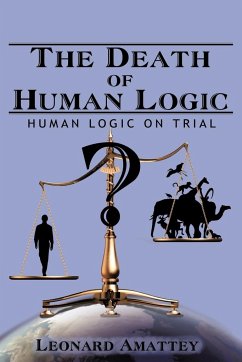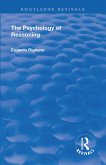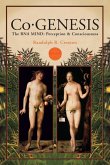Thinking: A memoir is both an intellectual autobiography and a personal history. It describes how people reason and make inferences about the world, how people should reason and make those inferences, why errors in reasoning occur, how much you can improve reasoning, what kinds of problems are best solved by the conscious mind and what kinds by the unconscious mind, and how we should think about intelligence in light of answers to such questions. The book starts with the author's early experiences, many of which directly influenced his subsequent research.
Hinweis: Dieser Artikel kann nur an eine deutsche Lieferadresse ausgeliefert werden.
Hinweis: Dieser Artikel kann nur an eine deutsche Lieferadresse ausgeliefert werden.

